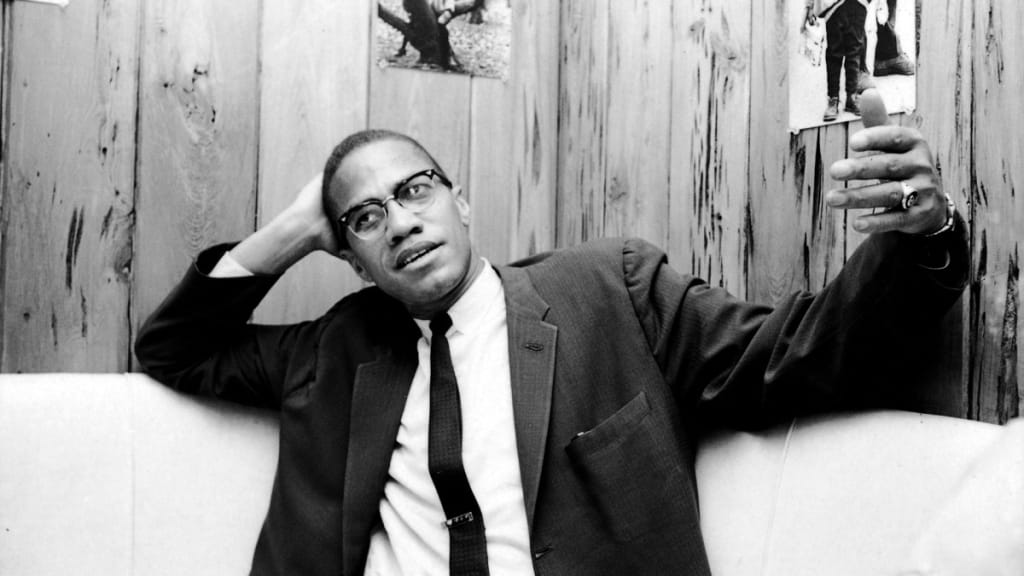
As protests across America burst due to the death of George Floyd, it is important to realize that George Floyd's tragic death and the act of police brutality caught on tape is, unfortunately, just the tip of the iceberg. The protests represents the racist justice system, lack of opportunities, mass incarceration, starvation wages, long history of police brutality, racist politicians, and no access to affordable education.
Again, the following are just a few of the issues that not only exist in America, but also everywhere else in the world.
It is essential that during this time, we not only support and advocate against racism, but also educate ourselves, as well as others.
As we look back at Malcolm X's speeches from the last year of his life, we need to grasp on some of the most important lessons he left us with.
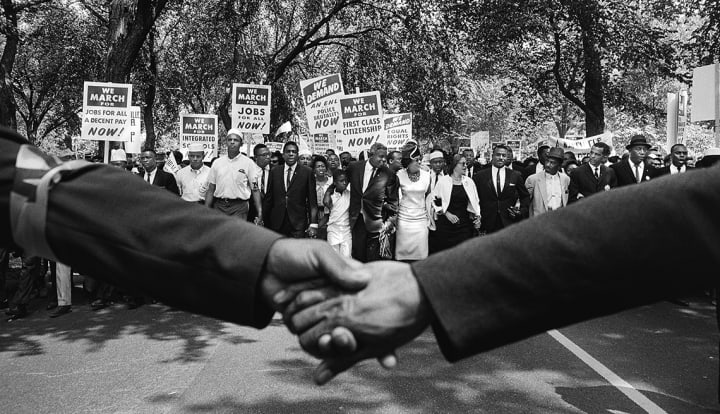
LESSON 1: "We have a common enemy"
"We have a common enemy. We have this in common: We have a common oppressor, a common exploiter, and a common discriminator. But once we all realize that we have a common enemy, then we unit- on the basis of what we have in common. And what we have foremost in common is that enemy- the white man."
We have to constantly reminds ourselves that bigger change comes when people come together to advocate, even if it's for others. This lesson is a reminder that in history, majority of minorities that come from asia and the Middle-East shared the same oppressor, whether you're from India, Afghanistan, Syria, Iraq or Pakistan.
Today, as a Middle-Eastern, I understand that I also hold racial privilege. The discrimination that non-Black Middle-Easterns experience is not the same as what Black Middle-easterns or Black people around the world face. Black people in the middle-east constantly experience structural racism and anti-blackness. Today, you can be Arab and white-passing. Recognize the implications we hold.
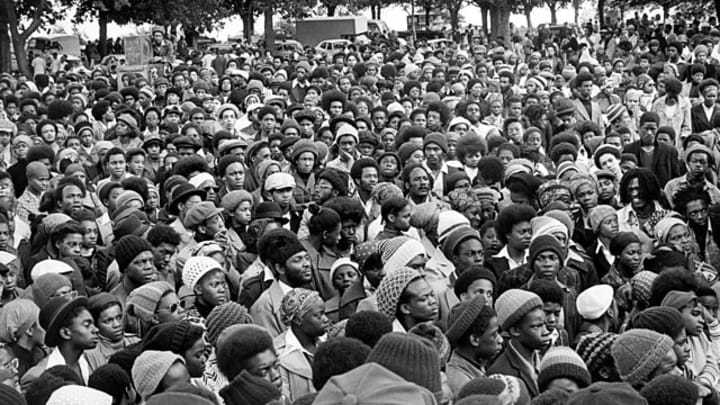
LESSON 2: Brotherhood
“I believe in the brotherhood of all men, but I don't believe in wasting brotherhood on anyone who doesn't want to practice it with me. Brotherhood is a two-way street.”
Malcolm X vouched for unity. We owe it to our friends to stand up for them and their rights, especially in the Middle-eastern community where such things are not done.
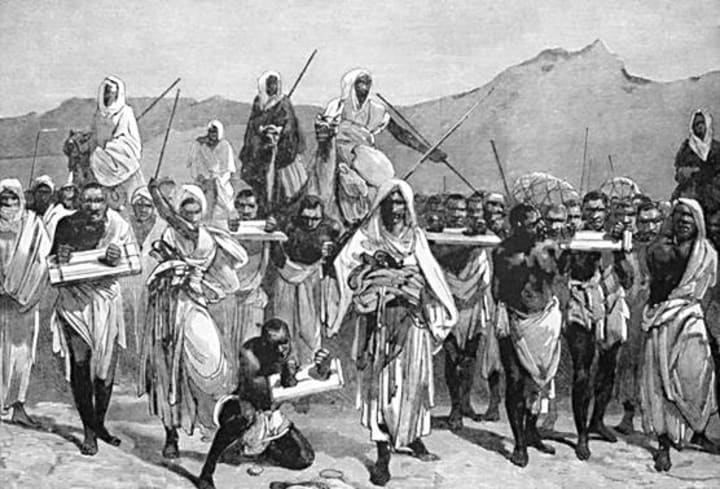
LESSON 3: They "...invested sweat and blood"
"Our mothers, and father's invested sweat and blood. Three hundred and ten years we worked in this country without a dime in return- I mean without a dime in return. You let the white man walk around here talking about how rich this country is, but you never stop to think how it got rich so quick. It got rich because you made it rich."
That, speaks for itself. It's also vital to keep in mind that slavery not only existed in America but also in the Middle-East. Yeah, that's right. Look up the "Arab Slave Trade". The Arab slave trade is the intersection of slavery and trade which existed in the arab world, as well as the indian ocean. With this simple reminder from Malcolm X, we need to learn the ways non-Black Arabs historically contributed to, profited from, and promoted anti-Blackness. With this, comes great understanding of how it effects and still lingers in the Middle-East to this day.
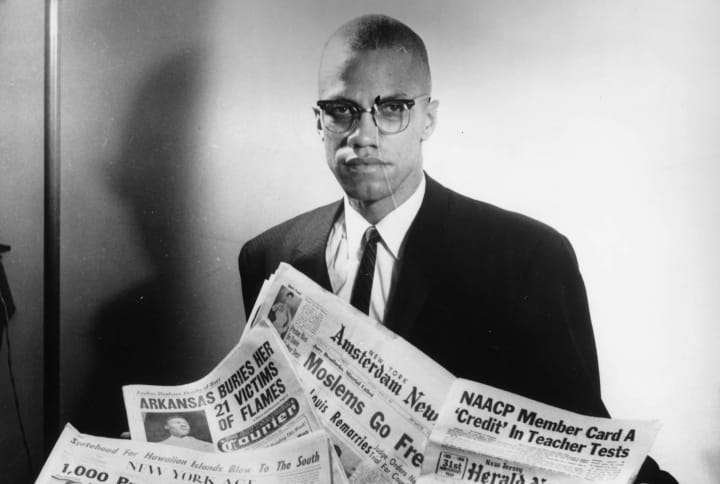
LESSON 4: Speak the Truth.
“I have more respect for a man who lets me know where he stands, even if he's wrong, than the one who comes up like an angel and is nothing but a devil.”
With learning comes responsibility and owning up to our mistakes. We need to have more conversation with our families and communities regarding Anti-Blackness, even if it is uncomfortable.
As protests in America occur, you can also advocate, learn and help.
https://blacklivesmatters.carrd.co/
We all look up at the same sky, be there for one another.






Comments
There are no comments for this story
Be the first to respond and start the conversation.